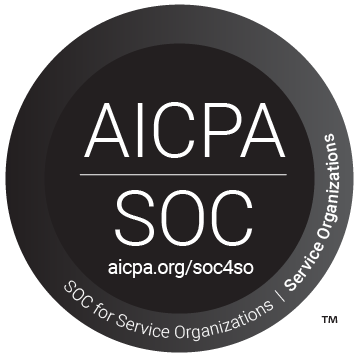For pet-care businesses, understanding canine nutrition is essential in providing the best care and advice to your furry clients and their owners. The world of dog food is vast and can often be confusing. This post aims to simplify canine nutrition, helping you guide pet owners toward better choices for their beloved pooches.
Understanding Dog Nutrition Basics

Like humans, dogs need a balanced diet that includes proteins, fats, carbohydrates, vitamins, and minerals. Here’s a breakdown:
- Proteins: Essential for growth, maintenance, and repair. Look for high-quality sources like chicken, beef, or fish.
- Fats: Vital for energy, healthy skin, and coat. Sources include chicken fat and fish oils.
- Carbohydrates: Provide energy and help in digestion. Good sources are vegetables, whole grains, and some fruits.
- Vitamins and Minerals: Essential for various body functions. Ensure the dog food includes a balanced blend.
Special Dietary Needs
Different dogs have different dietary needs based on age, breed, health conditions, and activity level. Puppies, for instance, require more calories and protein than adult dogs. Senior dogs might need diets lower in calories but higher in fiber.
Grain-Free and Raw Diets: Yay or Nay?
Grain-free and raw diets are popular trends, but they're not suitable for all dogs. Grain-free diets may benefit dogs with allergies, but not all dogs require such diets. Raw diets can offer fresh ingredients but come with risks of bacterial contamination and nutritional imbalances.
Reading Dog Food Labels
Teach pet owners to read dog food labels. The ingredients are listed in order of weight, so the first few ingredients are crucial. Look for whole food ingredients and be wary of fillers like corn and soy.
Common Food Allergies
Dogs can suffer from food allergies, leading to skin irritation and digestive issues. Common allergens include beef, dairy, wheat, and chicken. Hypoallergenic diets or novel protein sources can help manage these allergies.
Homemade Diets: Pros and Cons
While homemade diets allow control over ingredients, balancing nutrients can be challenging. If pet owners are interested in homemade diets, recommend consulting with a veterinarian or a canine nutritionist.
Supplements: Are They Necessary?

In some cases, supplements can be beneficial, especially for joint health, digestion, and coat quality. However, it’s important not to over-supplement as this can lead to health issues.
Consultation with Veterinarians
Encourage pet owners to consult with veterinarians, particularly for dogs with special dietary needs. A vet can provide personalized advice based on the dog's health condition.
The Role of Hydration
Emphasize the importance of clean, fresh water at all times. Hydration is just as important as nutrition in maintaining a dog’s health.
Keep Up with Trends and Research
Stay informed about the latest trends and research in canine nutrition to provide the best advice to your clients.
By understanding the essentials of canine nutrition, pet-care businesses can play a pivotal role in enhancing the health and well-being of their canine clients. Nutrition is a key component of overall pet health, and with the right knowledge, you can guide pet owners in making informed decisions for their beloved pets.
Take your pet-care business to the next level. Schedule a demo with Gingr now!






